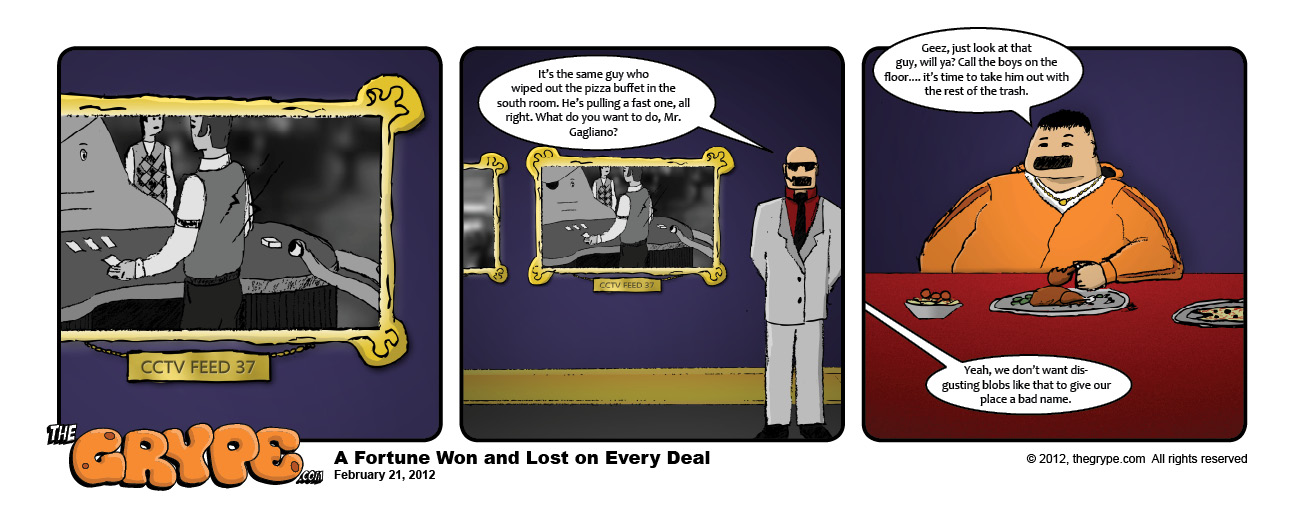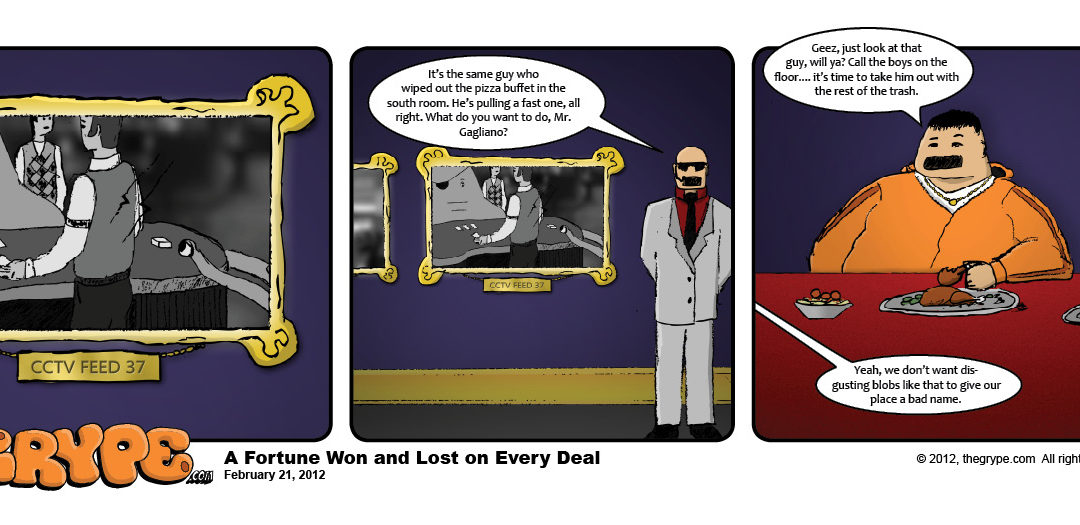 Happy Mardi Gras! Last week I mentioned The Peter Principle in this blog, the second time I’ve recently done so. An explanation would probably be helpful… The Peter Principle was formally introduced to the world by Dr. Laurence Peter and Raymond Hull in their 1969 best-selling book of the same name. And while the book was written with the intention of being funny, it was really only funny because— like all the best jokes— at its heart, it was true.
Happy Mardi Gras! Last week I mentioned The Peter Principle in this blog, the second time I’ve recently done so. An explanation would probably be helpful… The Peter Principle was formally introduced to the world by Dr. Laurence Peter and Raymond Hull in their 1969 best-selling book of the same name. And while the book was written with the intention of being funny, it was really only funny because— like all the best jokes— at its heart, it was true.
According to The Peter Principle: “In a hierarchy, every employee tends to rise to his highest level of incompetence.”
That means that in any organizational setting under a multi-level command structure, stretching from the top (boss) down the bottom (entry-level employee), workers who perform well will usually be promoted upward, one step at a time, until they reach a level where they can no longer perform competently (due to lack of training, lack of ability, or both). When that happens, the quality of their work will suffer and they will cease to be promoted … except THEY ALMOST NEVER GET DEMOTED back down to the level where they did their best work.
Therefore: due to their own excellent ability and the tendency of hierarchical organizations to continually promote upward, many skilled and talented employees get kicked upstairs too far and too fast, and wind up getting stuck at a level where they are incompetent… and are left there to fail.
Another concept explored by Peter and Hull is the tendency of competent workers (those who haven’t yet been over-promoted into incompetence) to “manage upward.” This occurs when a competent subordinate must invent covert techniques to subtly “manage” his or her incompetent superiors from below, in order to limit the damage caused by the incompetence of those superiors. This happens a lot in the business world when the junior employees and hands-on workers know more about what they are doing than their own management, and must come up with various work-around techniques to protect efficiency and keep their managers from inadvertently gumming up the works.
It is important to understand that even though a worker may be promoted to his “highest level of incompetence,” that employee’s incompetence in the new position is not necessarily a result of the higher-ranking position being more difficult. It may be that the new position requires different work skills which the employee may not possess. For example, an engineer with great technical skill might get promoted to project manager, only to discover he lacks the interpersonal skills or training required to successfully manage a team. And so on.
Also included in The Peter Principle is the example of a “Super-Competent” employee in an entry-level position. Competent managers will promote this employee for the betterment of the company. Incompetent managers will most likely feel intimidated and threatened by this employee, and will try to set this employee up for failure and eventual dismissal.
The Super-Competent entry-level employee, according to Peter and Hull, “violates the first commandment of hierarchical life with incompetent leadership: the hierarchy must be preserved.” When singleminded zealots choose to defend the status quo chain-of-command for its own sake, talent and skill don’t factor into it… everyone must climb the same ladder at the same speed for the traditional hierarchy to continue unhindered. Such dogged refusal to adapt often results in a crippling loss of talented employees, potentially resulting in the collapse of the company itself.
In the 1990’s, Dilbert cartoonist Scott Adams advanced his own adaptation of the Peter Principle which noted that companies tend to systematically promote their least-competent employees into middle management positions in order to limit the amount of damage their incompetence might cause to the actual hands-on work being done. Or as Adam’s character Dogbert explains it: “Leadership is nature’s way of removing morons from the productive flow.” A supporting book, “The Dilbert Principle,” sold more than a million copies and was on the New York Times bestseller list for 43 weeks.
While scoffers might hesitate to support such theories based on their source, an international team of researchers recently announced the most efficient management strategy is to randomly promote people for no reason. Their work won the 2010 Ig Nobel Prize in management science.
Which makes even less sense than following the advice of a cartoon dog. Laissez les bon temps rouler!

